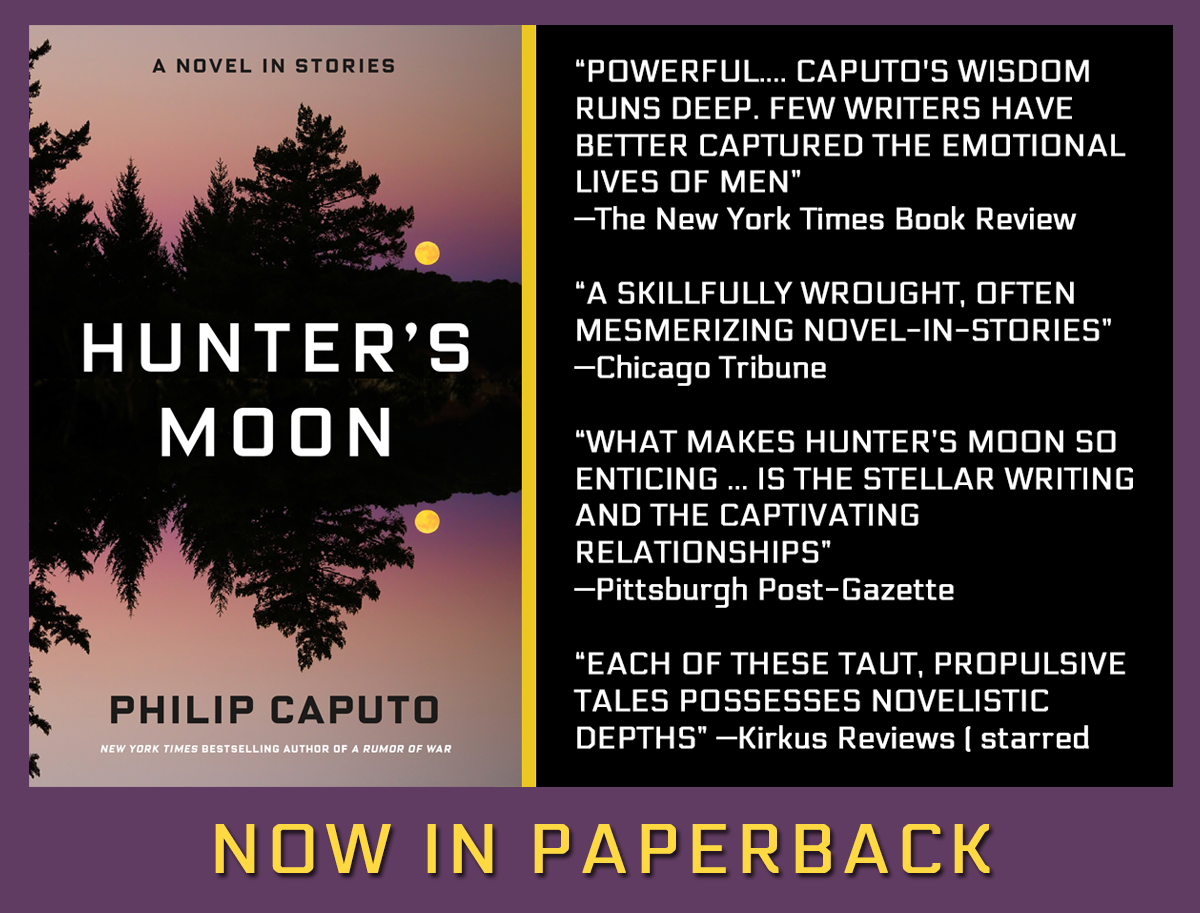About 25 years ago, I started to study Stoicism, the philosophy founded in Athens in the 3d century B.C. by the Greek thinker, Zeno of Citium, developed by his pupils, Cleanthes and Chrysippus, and carried on during the first and second centuries A.D. by Romans like Seneca, Epictetus, and most notably, the emperor Marcus Aurelius. My introduction to Stoicism came through reading Aurelius’s Meditations, and an essay by Seneca titled De Ira — On Anger. (I had anger-management issues at the time, which may have been a lingering after-effect from service in the Vietnam War). Since then, I have begun almost every morning by reading ancient Stoic texts as well as essays by modern Stoics such as Ryan Halliday and Donald Robertson. Beyond studying the philosophy, I try to practice it. I say “try” because I often fail. Stoicism is difficult to put into practice, especially in a consumer-capitalist culture, with its emphasis on self-indulgence as opposed to self-discipline, its pressures to acquire money and stuff, the (false) idea being that the more you have the happier you’ll be,.
Stoicism teaches that money and possessions and power are not necessarily goods: Virtue is. It is not just the highest good; it’s the only true good. The Stoic virtues are: wisdom — the ability to distinguish what is in our control from what is not — self-mastery, fortitude in the face of adversity, and justice toward one’s fellow man. These characteristics are gained through a will in agreement with our essential nature as rational animals. Humans, the Stoics teach, are in harmony with themselves when they are in harmony with their reason, which is our share of the logos, the universal reason — the mind of God, if you will. The purpose is to achieve what the ancients termed eudaimonia, which roughly translates into “serenity.” And you achieve this state of mind by improving, through reason, your ethical and moral well-being.
That goal is encapsulated in the famed “Serenity Prayer,” written by the 20th-century theologian, Reinhold Niebuhr, and recited countless times in 12-step recovery programs: “God grant me the serenity to accept the things I cannot change, the courage to change the things I can, and the wisdom to know the difference.”
If you’ve stuck with me so far, you can guess where I’m going with this.The pandemic is the adversity we are all facing to one degree or another. Stoicism enables a person to endure its emotional, psychological, and financial costs: the loss of a friend, a loved one, or a job, the joyless monotony of quarantine and lockdown.
Stoicism empowers me to overcome fear. I focus on what is in my control — wear a mask, practice social distancing, wash my hands frequently — and leave what is not in my control to fate. Obviously, I have no influence over the virus, nor over the millions of Americans too lazy or careless to do what they can to avoid spreading it, nor over government leaders more concerned with their own political fortunes than with the welfare of their citizens. If, despite my best efforts, I should become infected, then so be it. I won’t be happy about that, but I’ll at least know I did my best to protect myself as well as others. I will have the courage to face the worst, even my own death.
The country could use a strong dose of Stoicism — call it a spiritual vaccination. Instead of ignoring the advice of medical experts, wise Americans would heed them. The Centers for Disease Control, Dr. Fauci, and others pleaded for people to avoid travel and shelter in place during the holiday season, warning that failure to do so would result in a huge spike in cases. Millions responded by crowding airports and train stations and highways between Thanksgiving and New Year’s, and sure enough, infections and deaths have now reached catastrophic proportions. Why? Over the past few decades, much of our society has forsaken self-restraint for self-indulgence, self-reliance for the selfishness of extreme individualism. I want what I want and I want it now! Or, I don’t want to do something, like wear a mask in public, because it infringes on my personal liberties; therefore, I won’t do it! But wearing a mask helps contain the spread to other people. I don’t care, that’s their problem, my freedom to do whatever the hell I feel like takes precedence.
Among the many things my wife and I wanted to do this past year was to make our annual trip to Arizona after the holidays. We have put it off because our doctor out there advised against it. A new, more transmissible variant of the virus was spreading, Arizona’s infection rate was among the three or four worst in the country, mostly because far too many Arizonans were flouting what few restrictions the governor had imposed. We trusted the doctor’s expertise, we didn’t delude ourselves into thinking we knew more than he; we listened to him, and I’m glad we did. This morning, we learned that the state now has the highest rate of cases per capita in the U.S., higher even than California’s.
One Stoic beneficial practice is called praemeditatio malorum — the anticipation of adversity. Its a way of steeling yourself against unexpected disasters — the Stoic wise man or woman expects them. I’ll confess that I never anticipated a global plague, but by training myself to expect other bad things that might happen, I’ve been better able to weather this particular bad thing. I think back to my combat service in Vietnam: before going out on a long-range patrol, we preplanned artillery concentrations in case we ran into a superior enemy force, we performed counter-ambush drills because we knew that we could be ambushed. To do otherwise, to think otherwise, would have been criminally foolish. Praemeditatio malorum would be a fine antidote to denial. Millions of Americans, fed by propaganda from right-wing websites and social media, as well as from our Denier in Chief, continue to embrace the notion that the pandemic is a hoax, or that its severity is exaggerated. Like spoiled children, they can’t believe that this virus has struck, so they’ve convinced themselves that it hasn’t.
As an old friend of mine once observed, Ignorance can be overcome with instruction, stupidity lives forever.



As an American living overseas I think I share the bewilderment of folks over here who watching America from afar see a nation of selfish children who have scorned science and politicized the pandemic…The concept of American individualism has become quite literally the gun it points to its own head…One can only hope that a new president can talk sense to the people who cloak themsleves in righteous indignation as they blithely go about infecting themselves, their families and their neighbors …all in the name of ” freedom”…